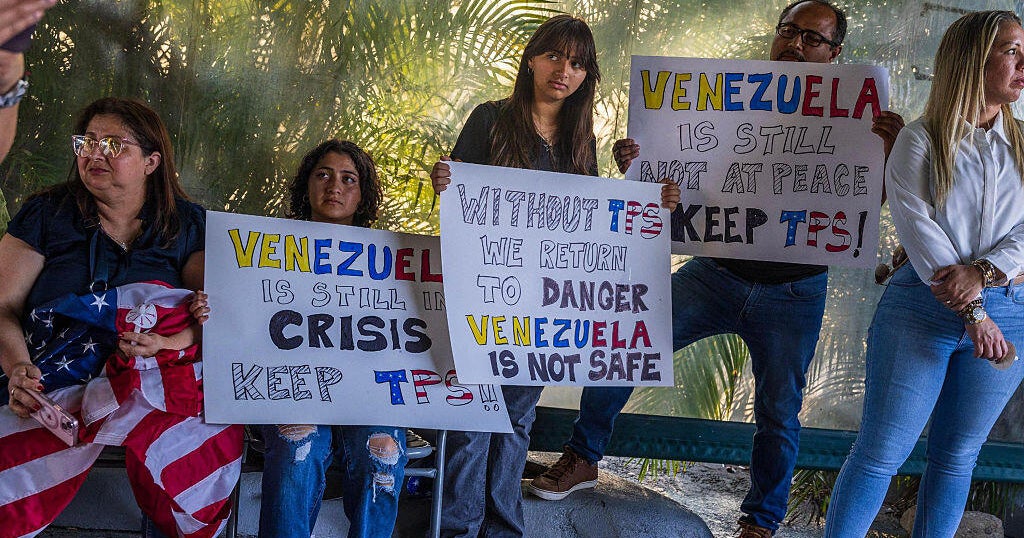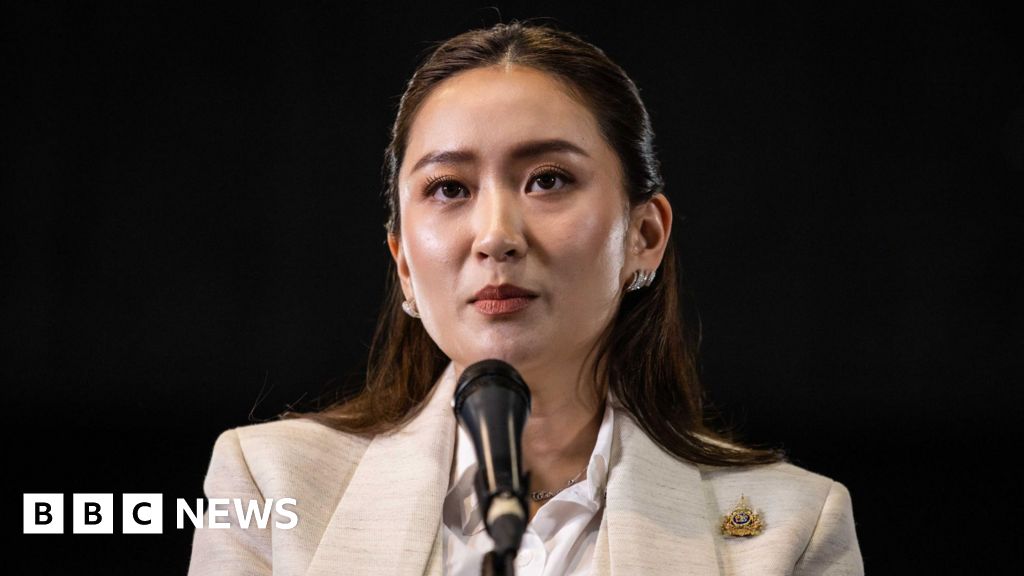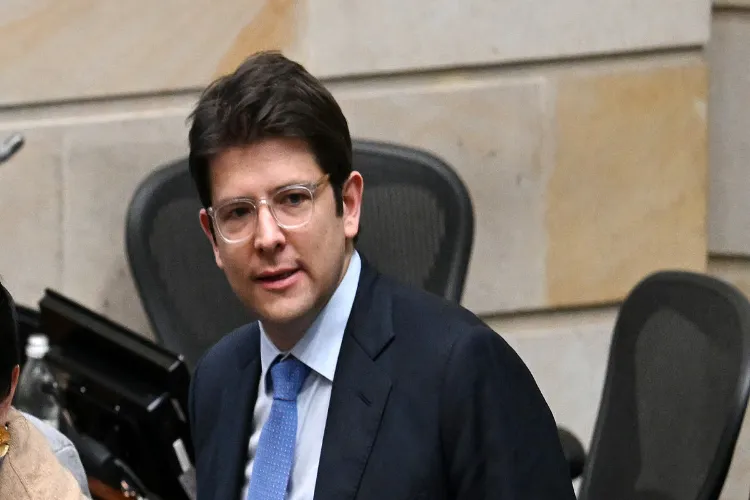Political Turmoil in Indonesia: A Reminder for Peaceful Dialogue

Introduction
An angry mob set fire to the local parliament building in the Indonesian provincial capital of Pekanbaru, causing chaos and destruction. According to officials, the incident resulted in the deaths of at least three people and left five others hospitalized. This violent act highlights the ongoing political tensions and unrest in Indonesia.
Background and Context
The attack on the parliament building was reportedly in response to a controversial decision made by local government officials. The decision, which involved the relocation of a popular market, sparked outrage among the community, leading to protests and eventually turning into a violent mob. This incident is just one of many recent examples of political turmoil in Indonesia, with citizens growing increasingly frustrated with their government's actions.
Impact
The violence and destruction caused by the mob's actions have left a lasting impact on the city and its people. The deaths and injuries resulting from the incident are tragic and have caused widespread fear and distress. Additionally, the damage to the parliament building has disrupted the local government's ability to function, which can have serious consequences for the community. This event serves as a reminder of the importance of peaceful and respectful dialogue in addressing political issues and creating change.
About the Organizations Mentioned
Indonesian Government
The Indonesian Government is a complex organization that plays a pivotal role in shaping the country's political, economic, and social landscape. Here's a comprehensive overview: ## What the Organization Does The Indonesian Government is responsible for implementing policies and programs that drive economic growth, ensure political stability, and improve the quality of life for its citizens. It oversees various sectors, including education, healthcare, infrastructure, and natural resource management. The government is divided into executive, legislative, and judicial branches, each with distinct roles and responsibilities. ## History Indonesia gained independence in 1945, and since then, it has evolved through various political systems, including authoritarian and democratic phases. The country transitioned to democracy in the late 1990s, marking a significant shift towards a more open and participatory governance model. ## Key Achievements - **Economic Growth**: Indonesia has achieved remarkable economic growth, becoming the largest economy in Southeast Asia. It has successfully reduced poverty and improved living standards for many citizens. - **Development Plans**: The government has implemented ambitious development plans like the Masterplan for Acceleration and Expansion of Indonesia's Economic Development (MP3EI) and the 20-year National Development Plan (2005-2025) to enhance economic competitiveness and human capital. - **International Leadership**: Indonesia has demonstrated leadership in regional and global forums, such as the G20 and ASEAN. ## Current Status Currently, President Prabowo Subianto is driving an ambitious economic agenda, aiming for 8% annual growth by 2029. Key initiatives include the establishment of Danantara, a state-owned investment company, and the expansion of the downstreaming program to add value to natural resources. However, the government faces challenges such as recentralization of power and concerns over democratic backsliding. ## Notable Aspects - **Military Involvement**: There is a growing trend of military involvement in civilian affairs, which has raised concerns about the return of authoritarian practices. - **



















